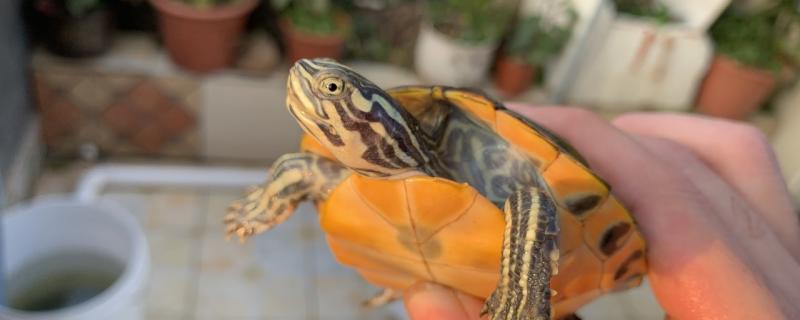 1. What color is the flame tortoise when it was young
1. What color is the flame tortoise when it was young When the flame tortoise was young, the color of its carapace was yellow-green. When they were young, the color of its carapace was similar to that of the Brazilian tortoise. The color of the belly armor of the infant flame turtle is yellow or reddish brown, and the pattern on the belly armor of each turtle is different, while others have no pattern on the belly armor of the infant flame turtle.
The ornamental value of flame tortoises in their infancy is not high. After several months of development, the color of their carapace changes, and then the ornamental value will improve. When flame turtles reach the stage of hair color, the yellow-green color of their carapace will change into black-red, which is usually red, and the black stripes are mixed between red, which looks like a flame.
2. How can the flame turtle turn redIf it is a flame turtle with red gene, it will start to develop color about 4-5 months after birth. At this time, breeders can feed them more foods rich in astaxanthin, such as shrimp, which can promote their hair color. In the usual feeding process, they should be exposed to the sun frequently, which can also make their colors more bright. In addition, it is necessary to ensure the stability of the surrounding environment when feeding, especially during their hair color, and don't let the environment fluctuate too much, otherwise it will affect their hair color. Breeders need to keep the water temperature at 25 ℃, and the water quality is clean and refreshing. It is best to change the water twice a week, and half of it can be changed each time.